Advice on how to eat healthy constantly evolves as new research emerges, but some truths stand the test of time—or get reimagined in fresh ways. Over the past year, experts have weighed in on everything from why one meal a day might not be your best bet to whether skipping breakfast is really a cardinal sin.
Wondering if your daily coffee routine, water intake, or love for peanut butter is helping or hindering your health goals? We’ve gathered 23 expert-backed quotes that cut through the noise and provide practical, thoughtful insights into how to eat well without overcomplicating things.
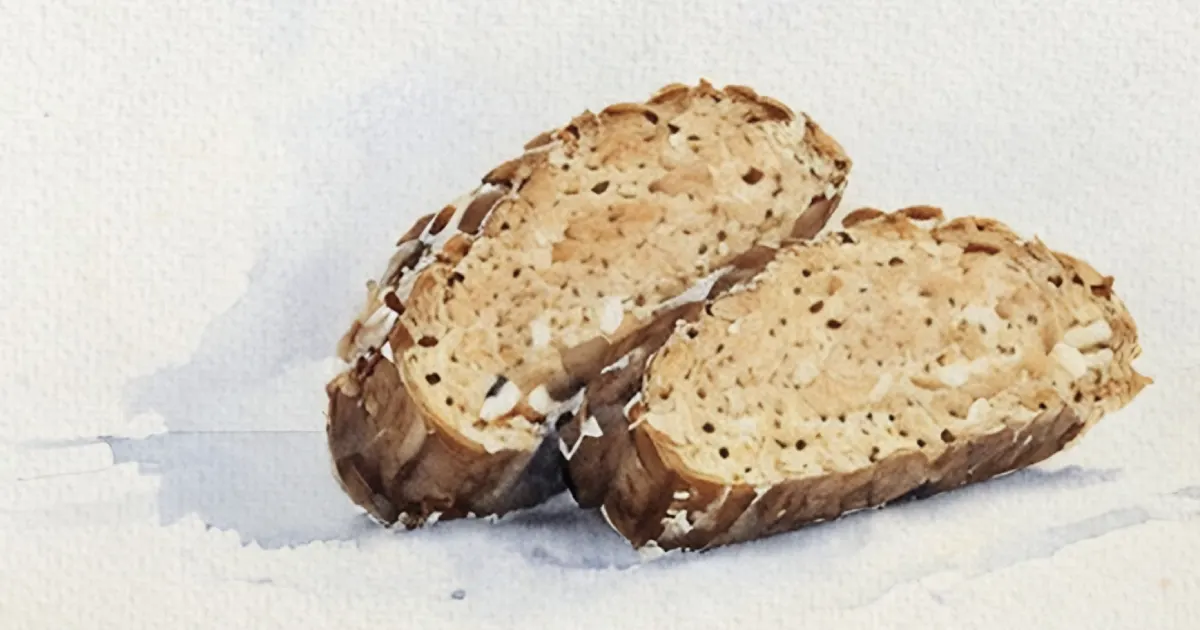
- “Rye bread is probably the healthiest bread you can have.” – Tim Spector, British epidemiologist, doctor, and scientist at food and health monitoring app Zoe
- “There is no rigid type of diet that everyone should follow to live longer [and] healthier. […] Identify which of the whole foods you really enjoy and make your own healthy diet. You can mix and match the elements of a Mediterranean diet and an Okinawan diet, or create an entirely new diet altogether.” – Dr. Frank Hu, Chair of Department of Nutrition, Fredrick J. Stare Professor of Nutrition and Epidemiology at Harvard TH Chan School of Public Health
- “From a nutritional perspective, [shrimp tail] is kind of like the white meat of the sea.” – Zach Koehn, a nutrition researcher at Stanford University’s Center for Ocean Solutions
- “Don’t equate words like ‘wholesome’ and ‘natural’ with ‘unprocessed.’ Just because a food label contains a picture of a garden or words like “natural” or “plant-based” doesn’t mean it’s not ultraprocessed. “ – Josiemer Mattei, Assistant Professor of Nutrition at the Department of Nutrition, Harvard T.H. Chan School of Public Health
- “Most of our excess sodium comes from packaged, processed and restaurant foods, not the saltshaker.” – Dr. Maya Vadiveloo, Ph.D., RD, is an Associate Professor in the Department of Nutrition at the University of Rhode Island
- “I encourage everyone to consider the DASH diet not just as a temporary fix but as a sustainable lifestyle choice.” – Deepak Gupta, MD, MSCI, Associate Professor of Medicine, Director of the Vanderbilt Translational and Clinical Cardiovascular Research Center [The DASH diet, or Dietary Approaches to Stop Hypertension, is a healthy eating plan designed to lower blood pressure by reducing sodium and focusing on nutrient-rich foods like vegetables, fruits, whole grains, and lean proteins.]
- “In several studies published in the past decade or so […] researchers reported that it was only people who consumed much more sodium — on the order of 5,000 milligrams per day — who had a greater risk of heart disease or earlier death. Those findings suggested sodium guidelines set by health organizations across the world were too strict.” – Dr. Martin O’Donnell, is Executive Dean of College of Medicine, Nursing and Health Sciences, University of Galway

- “There are a lot of excessively large water bottles being carried around by people these days. But the overwhelming majority of people do not need to drink an excess of water.”– Dr. Siddharth P. Shah, a nephrologist at the Hospital of the University of Pennsylvania who specialises in hydration and electrolyte balance
- “One meal a day is not a good idea.” – Dr. Caroline Apovian, an obesity specialist at Brigham and Women’s Hospital
- “Your meals are meant to be enjoyed. And when you eat while watching TV, you can end up being distracted and ultimately eat more calories while feeling less satisfied. Instead, enjoy your meals with friends and family. […] Or, at the very least, simply make sure you are not distracted by the TV—or any device—while you are eating. Eating without distractions allows you to eat mindfully, which means you can pay attention to your body’s cues when it’s had enough to eat.” – Lauren Manaker, M.S., RDN, LD, CLEC, Award-Winning Registered Dietitian and Lactation Counselor
- “When buying packaged foods, a good rule of thumb is to choose products with no more milligrams of sodium per serving than calories.” – Cheryl Anderson, PhD, MPH, MS, is a Professor and Dean of the Herbert Wertheim School of Public Health and Human Longevity Science
- “If you want to use vinegar to control your blood sugar, dilute one or two tablespoons of any type of vinegar into water before drinking, but don’t exceed two to four tablespoons in a day. Even when diluted, vinegar can erode tooth enamel, so drink the vinegar with a straw. If you drink it undiluted, you run the risk of corroding your esophagus lining too.” – Dr. Nitin K. Ahuja, Associate Professor in the Division of Gastroenterology and Hepatology at the University of Pennsylvania
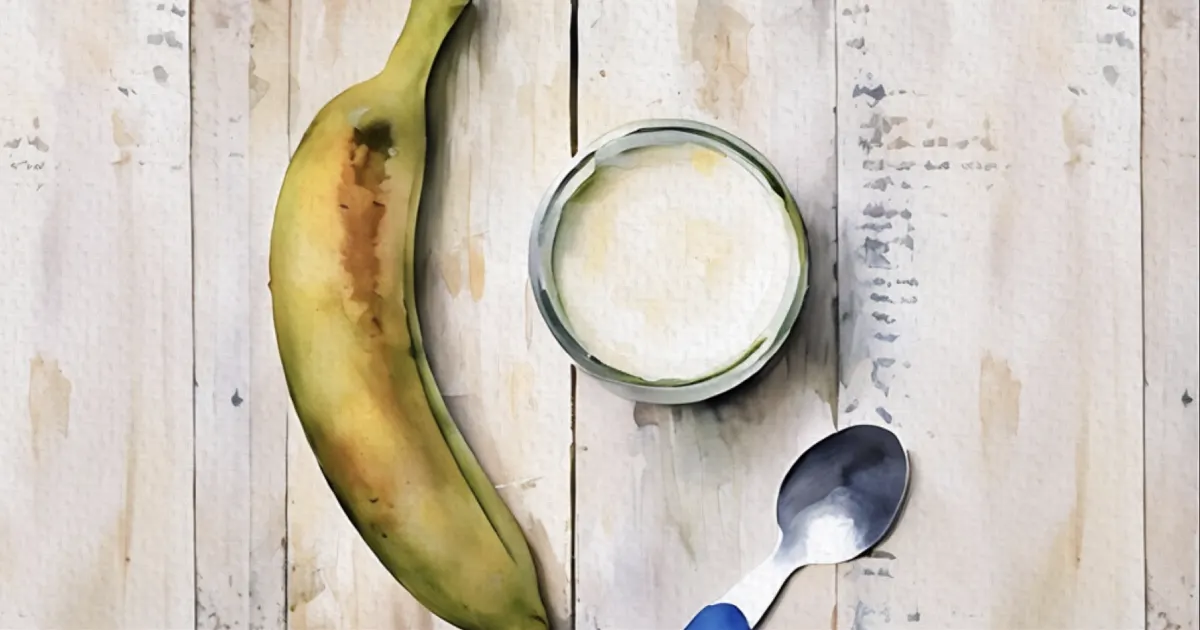
- “Maybe you aren’t hungry until 10 a.m. That’s OK. Sit down and have yogurt and a banana. That still counts as ‘breakfast’.” – Lauren Au, Assistant Professor in the Department of Nutrition at UC Davis
- “I have a lot of patients who ask what they should eat and avoid, and I tell them that as long as they’re not allergic, there’s no one food you can eat that will cause an anti-inflammatory response. So eating 18 pounds of blueberries one day isn’t going to lower inflammation. And also, if you have red meat once in a while, it’s not going to cause systemic inflammation. What matters most is your overall dietary pattern.” – Amy Bragagnini, M.S., RD, CSO, Certified Specialist in Oncology Nutrition
- “Dark chocolate should not be considered a “magic bullet” for preventing diabetes.” – Dr. Qi Sun, Associate Professor in the Departments of Nutrition and Epidemiology at the Harvard T.H. Chan School of Public Health

- “People turning to green tea to lose weight can’t expect a big effect, and certainly nothing close to medications like Ozempic.” – Rob van Dam, Professor in the Department of Exercise and Nutrition Sciences in the Milken Institute School of Public Health at George Washington University
- “Studies show that eating flaxseeds can lower blood pressure and also improve your skin, which could be down to the fatty acids and antioxidants which are much more readily available when you grind them up. Just one teaspoon of flaxseed daily can make a big difference.” – Michael Mosley, British medical journalist and TV personality
- “If you determine whether or not a diet “works” based on whether or not it will produce sustainable weight loss that you can keep doing for the rest of your life, I’d say the Cambridge Diet is destined for failure.” – Mike Molloy, nutritionist and founder of coaching company M2 Performance Nutrition
- “One word of warning is always choose the peanut butter with the least ingredients: ideally peanuts only. […] I would avoid anything with added sugar, oils or emulsifiers. Keep it simple.” – Valentina Cartago, London-based Registered Nutritionist
- “If you want to reduce your consumption of seed oils, do so by eating fewer ultraprocessed foods.” – Christopher Gardner, director of nutrition studies at the Stanford Prevention Research Center and the Rehnborg Farquhar Professor of Medicine at Stanford University
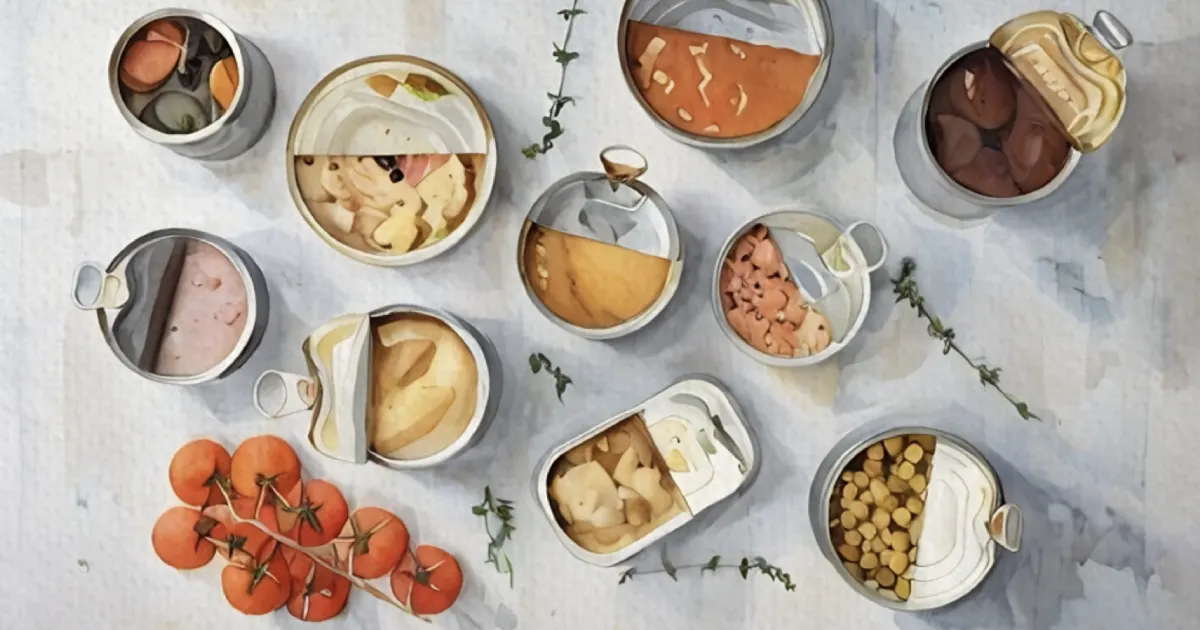
- “Use simple, packaged foods like frozen vegetables, canned beans, tinned fish and precooked whole grains to more easily prepare balanced meals at home. You can whip up a stir fry with frozen vegetables or a pasta puttanesca with tinned anchovies and canned tomatoes in just a few minutes, no chopping required. […] That is not cheating.”– Dr. Nate Wood, inaugural Director of Culinary Medicine at the Yale School of Medicine and Irving and Alice Brown Teaching Kitchen at Yale New Haven Health
- “At some points in your life, you’re going to eat more sugar, sodium or fat. But your overall habits and lifestyle choices are what really determine your health. We’re all human!” – Alexis Silver, M.P.H., RDN, Registered Dietitian with a Master of Public Health in Nutrition and Dietetics
And there you have it. With these expert tips on how to eat healthy, maybe you’ll rethink your cooking oils, swap your bread choice, or simply celebrate the fact that you’re already doing a lot of things right. Wherever you are on your food journey, these nuggets of wisdom can guide your next steps—one meal, one decision at a time.
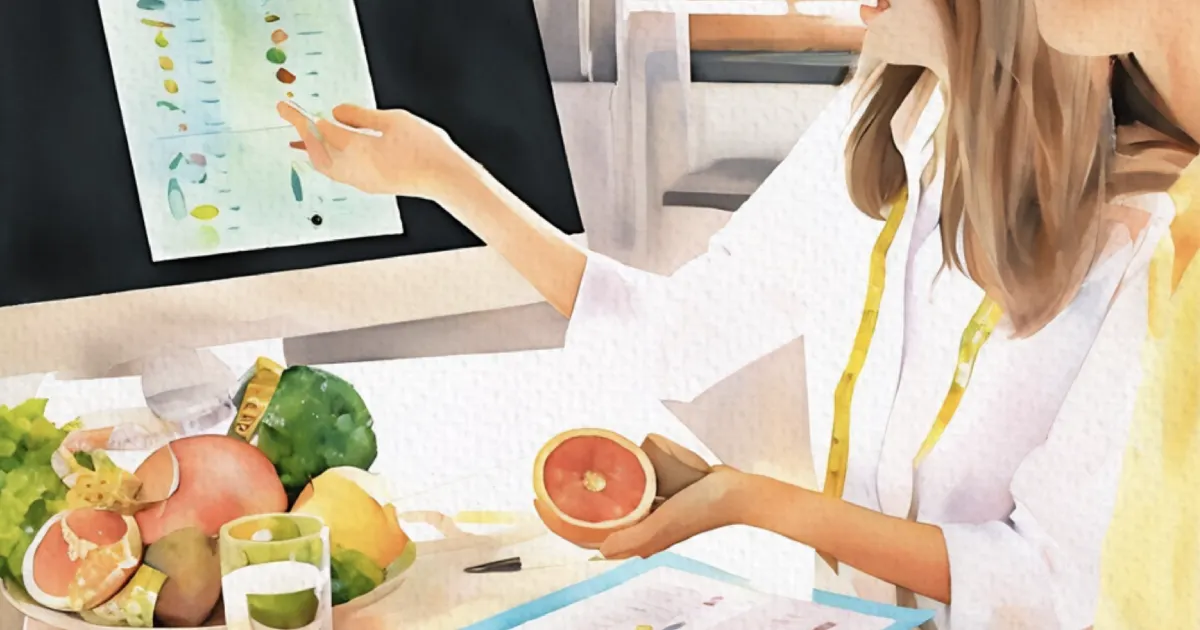

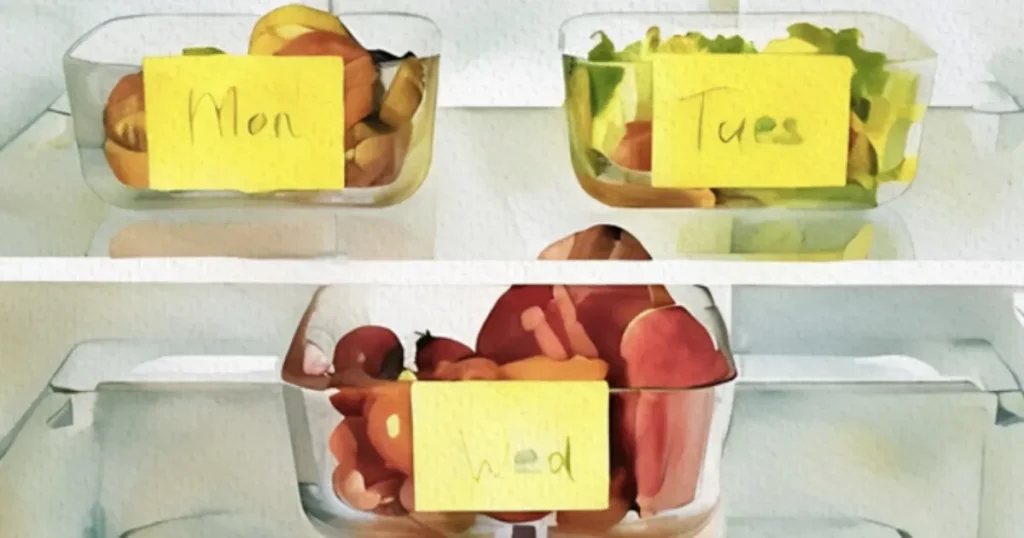

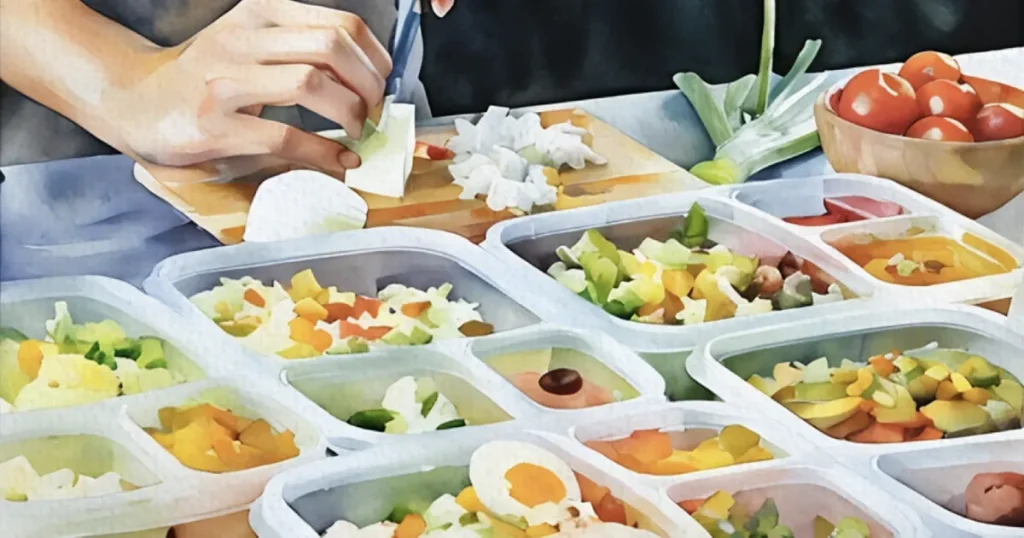


Leave a comment